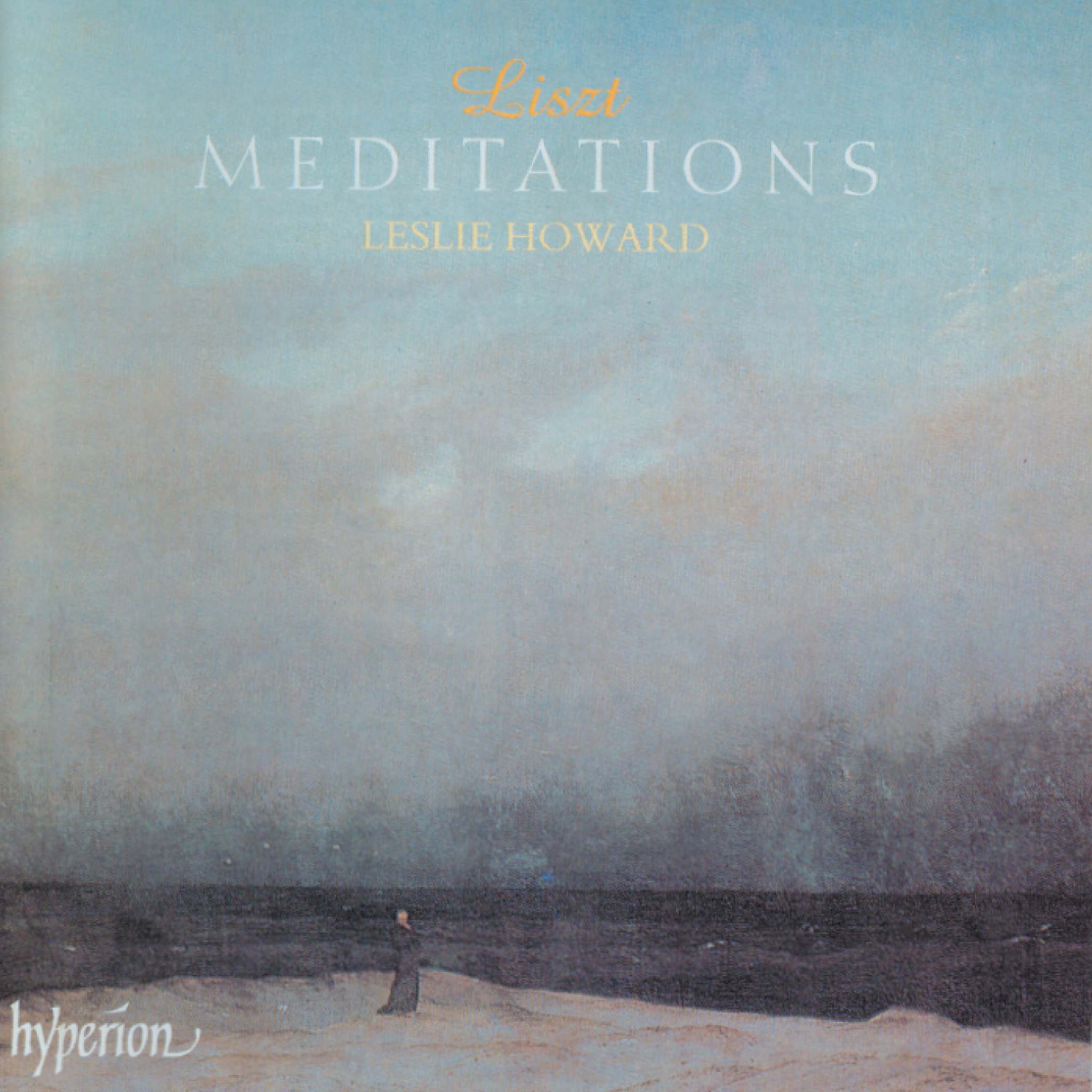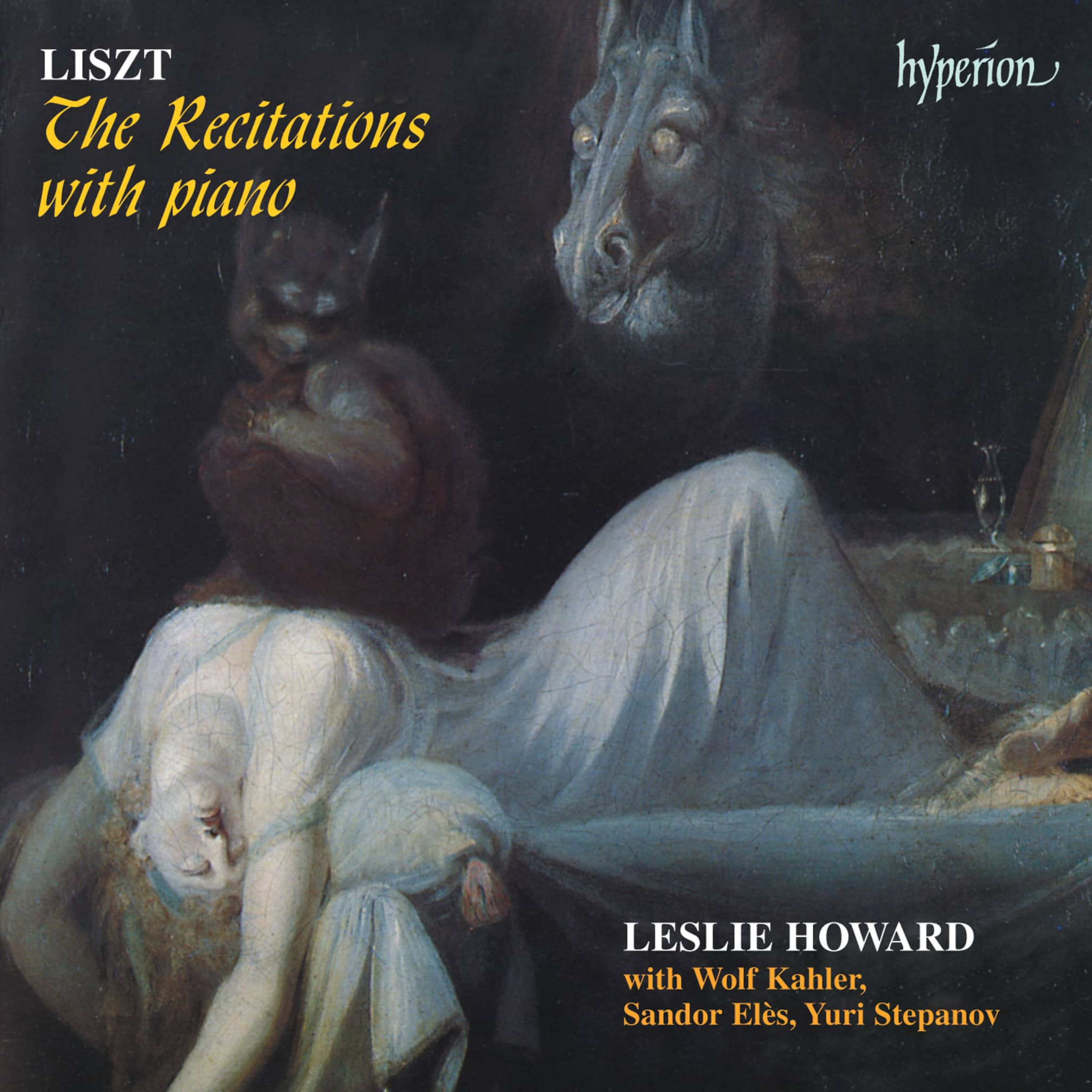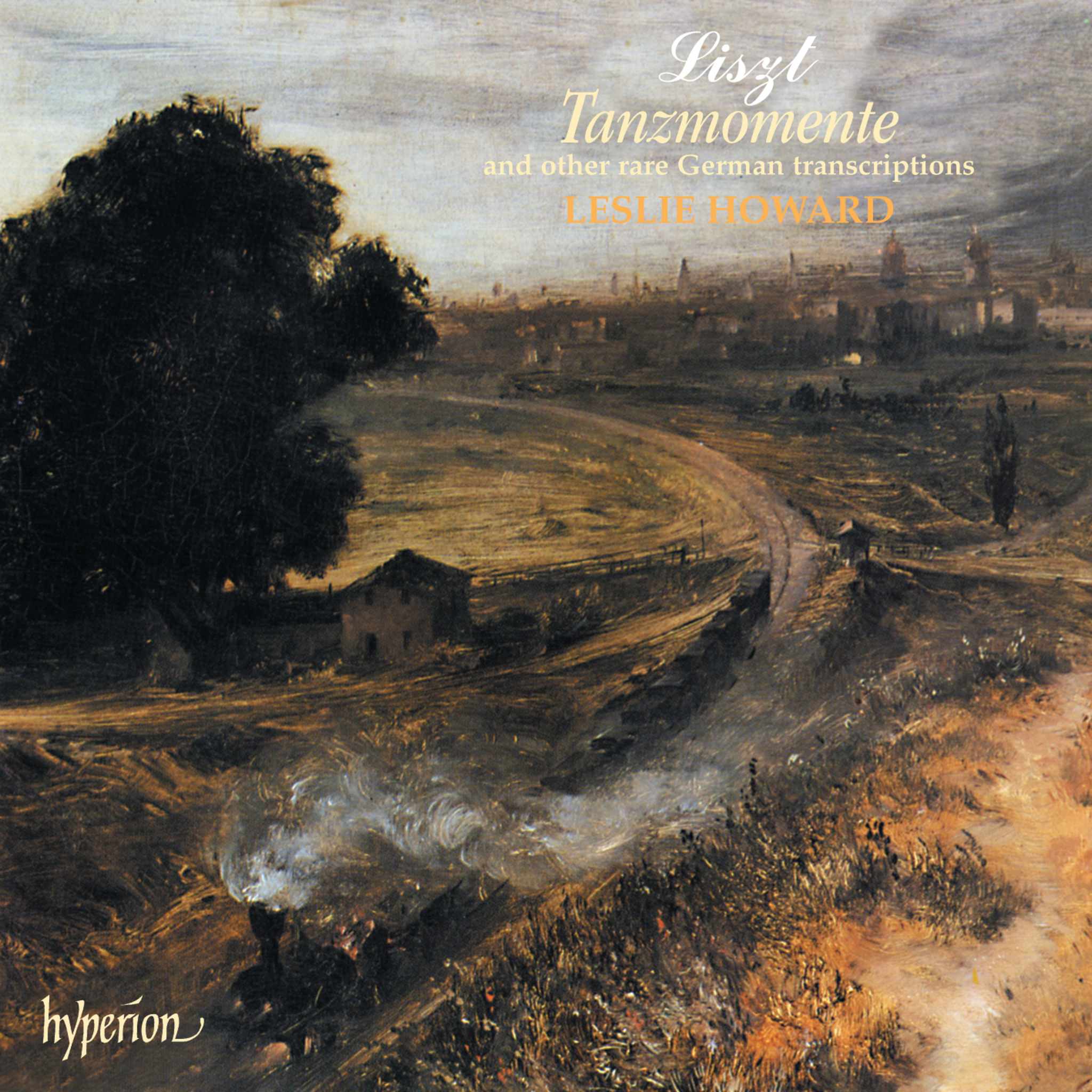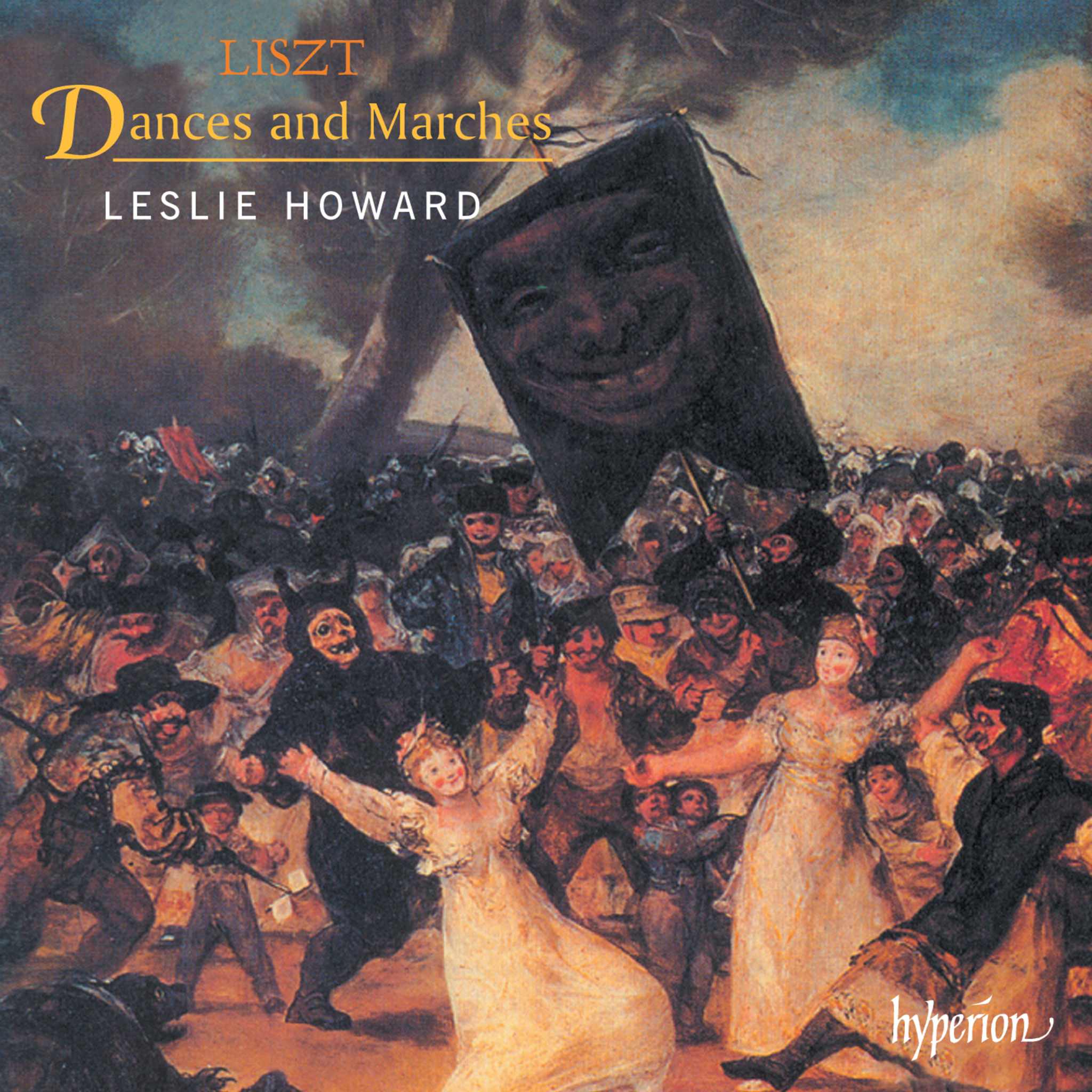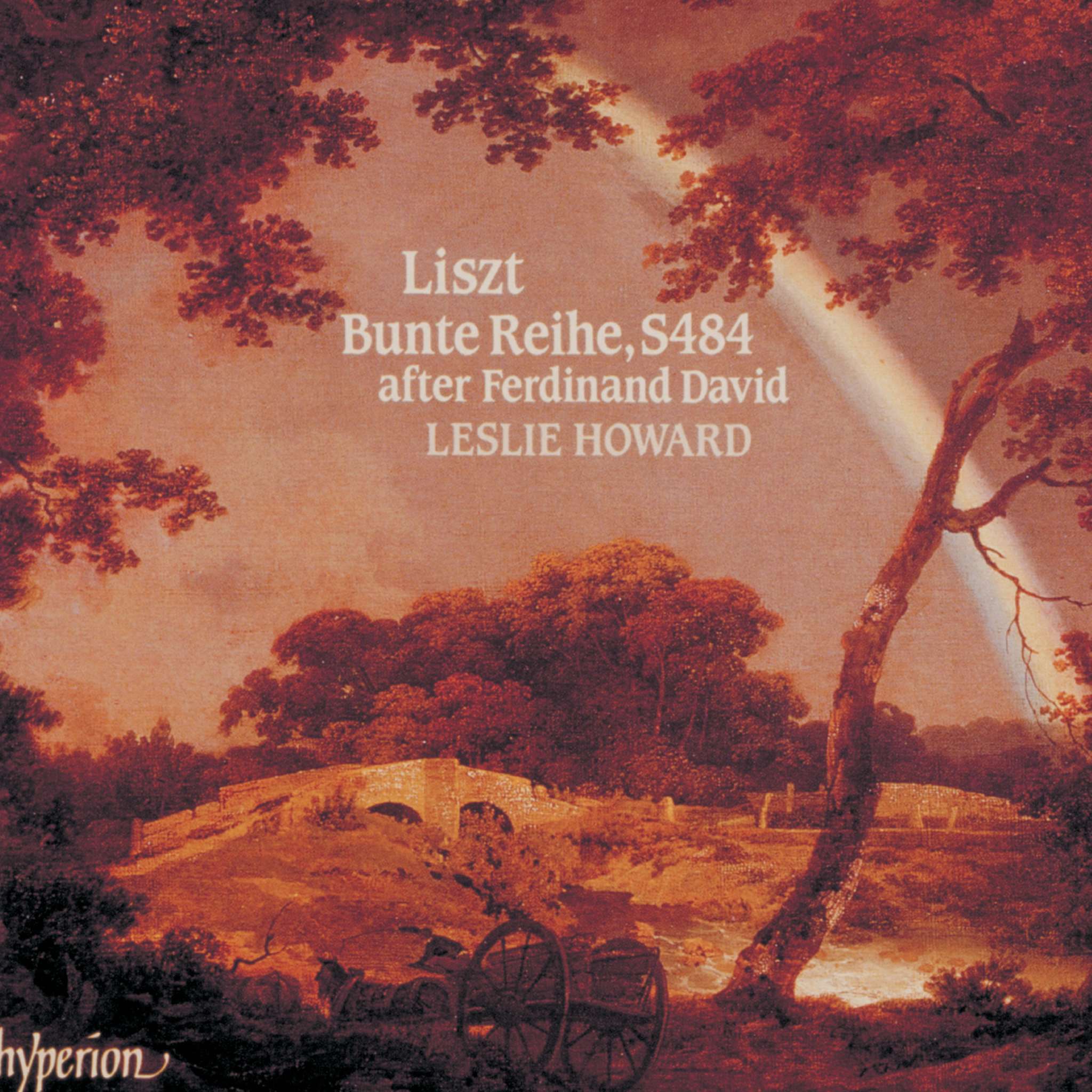A significant, previously unpublished manuscript from the Richard Wagner Museum in Bayreuth is not mentioned in most Liszt catalogues. This collection consists of Hungarian dance melodies arranged for piano, based on works by both well-known and lesser-known Hungarian composers of light music. While the first section is by Liszt himself, Ede Reményi contributed the remaining sections and dedicated them to him.
It is likely that Liszt intended to expand his collection of traditional Hungarian melodies at the beginning of 1853. However, precise details regarding the date of composition or the purpose of the work are lacking. It was only through an article by Géza Papp that the existence of this collection became known to a wider public. The manuscript comprises a total of 18 pieces, some of which are fully developed. Many of these compositions can be performed without difficulty, while others require minor adjustments.
Several pieces are already complete, while others are still in draft form. For example, the first piece is based on a theme by Antal Csermák. The second is titled "Csermák," and the third combines melodies by János Bihari with those of an unknown composer. Some works are more extensive and incorporate various themes whose origins are not always clear.
While some pieces are complete, others are only partially finished and require further development. Stylistic features of different composers can be discerned in some compositions. Number 17, for instance, combines themes by Bihari and János Polturás Lóczi, while Number 18, a short romance, conveys a poignant sense of farewell.
The discovery of this previously unknown manuscript offers deeper insights into Liszt's working methods and his creative engagement with traditional melodies.





